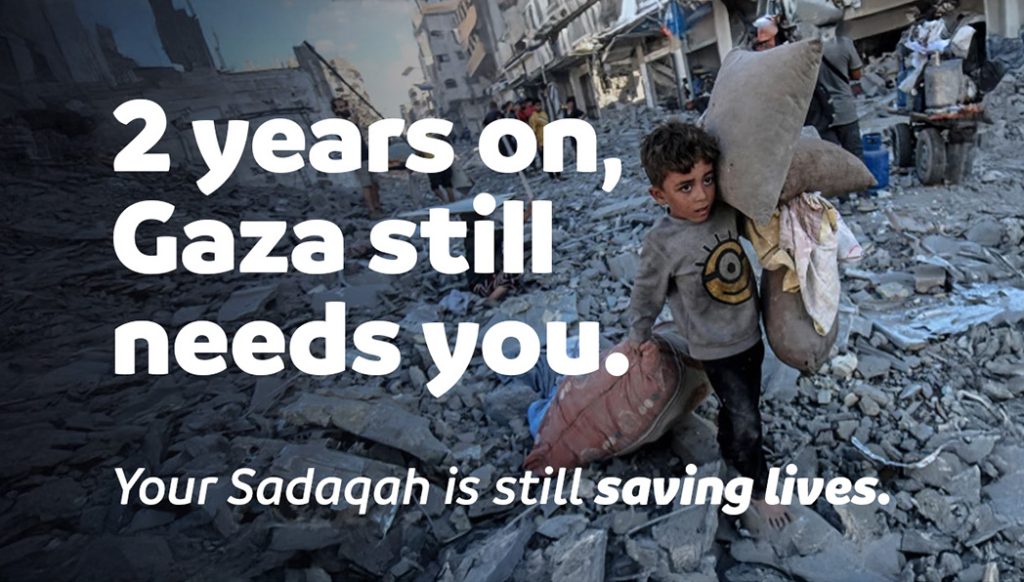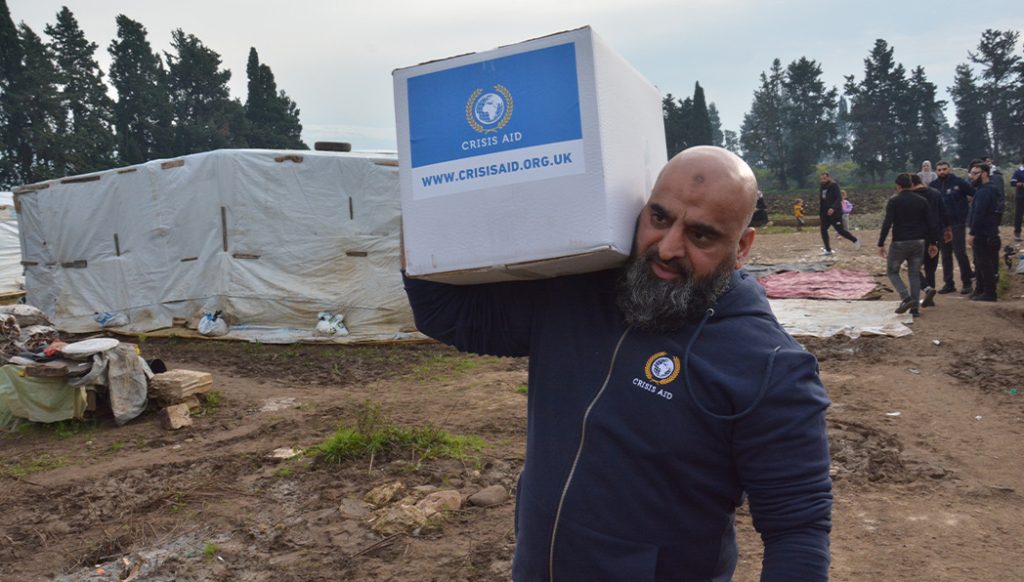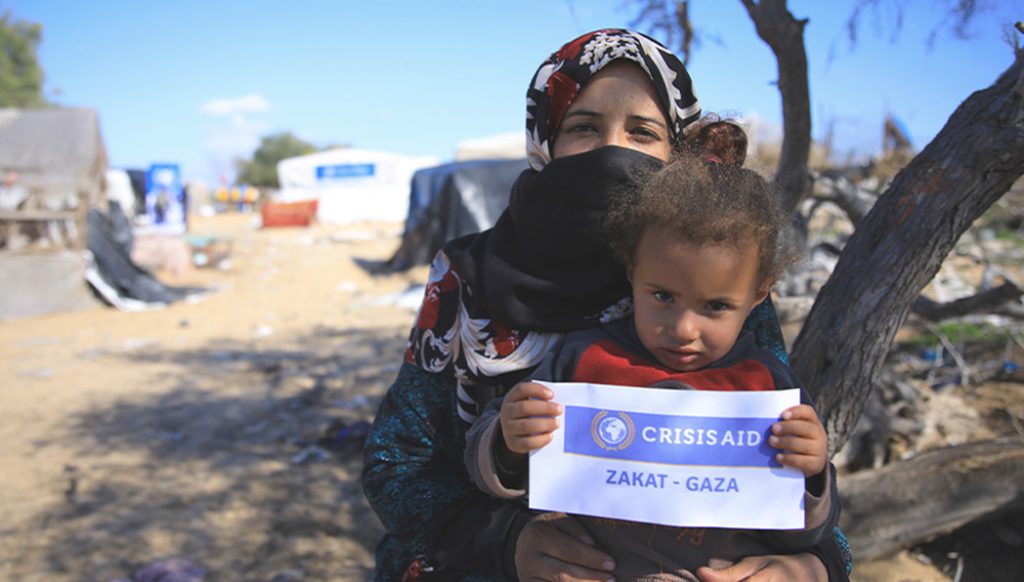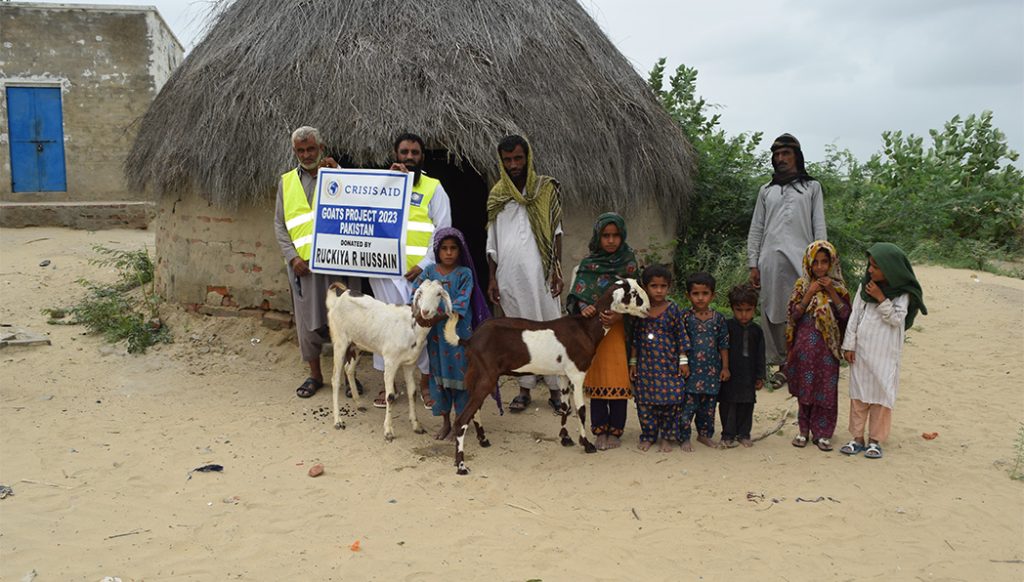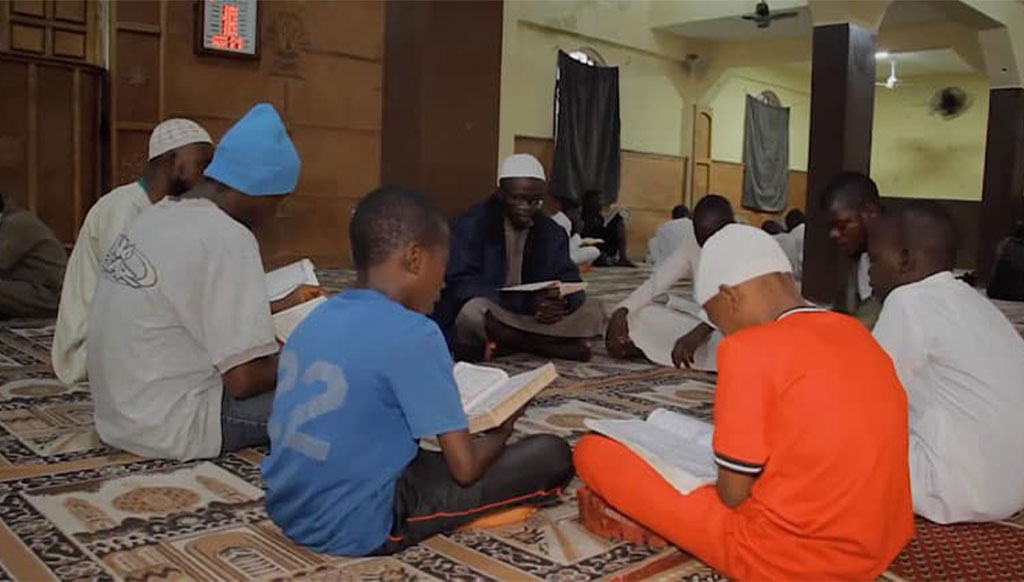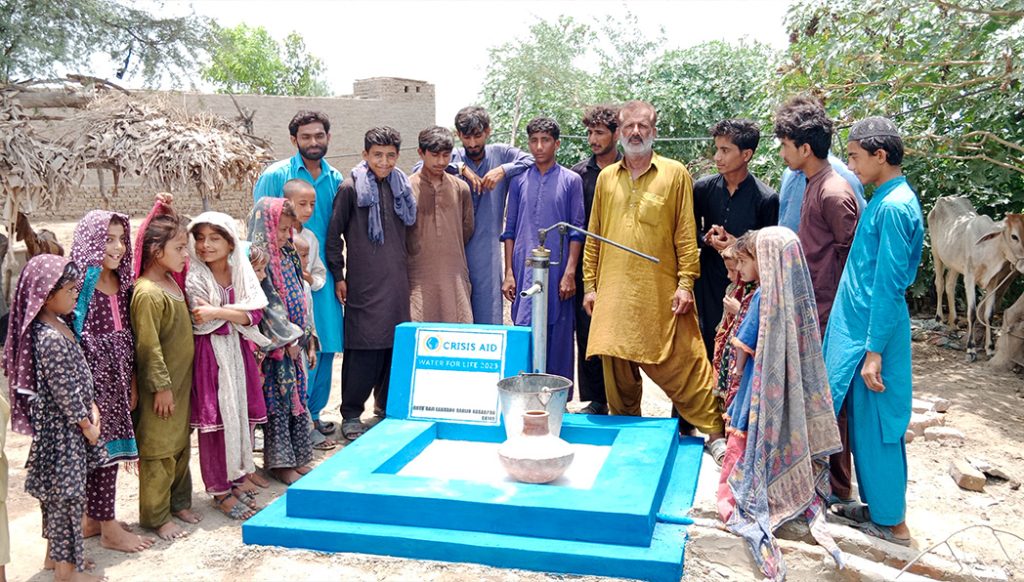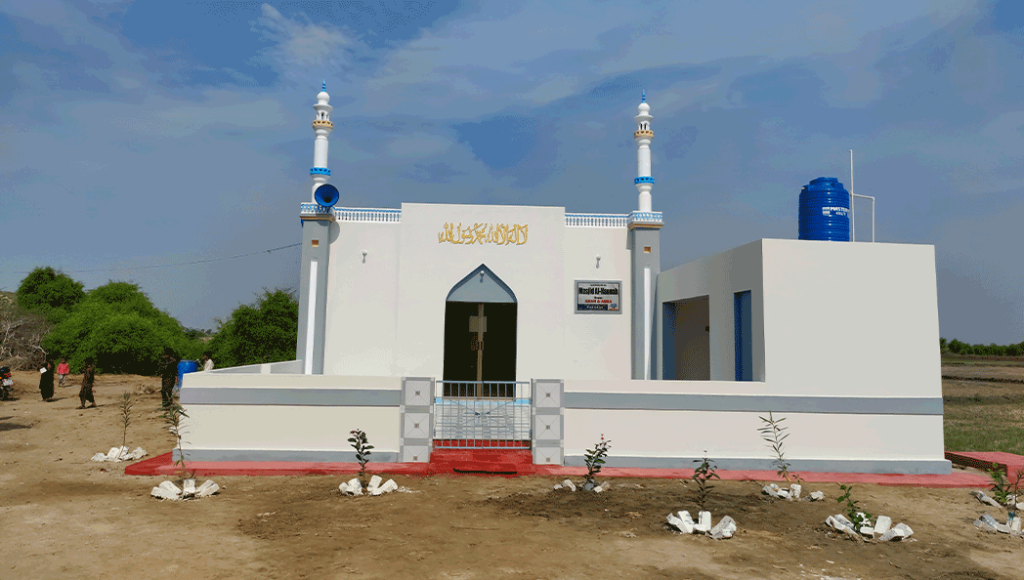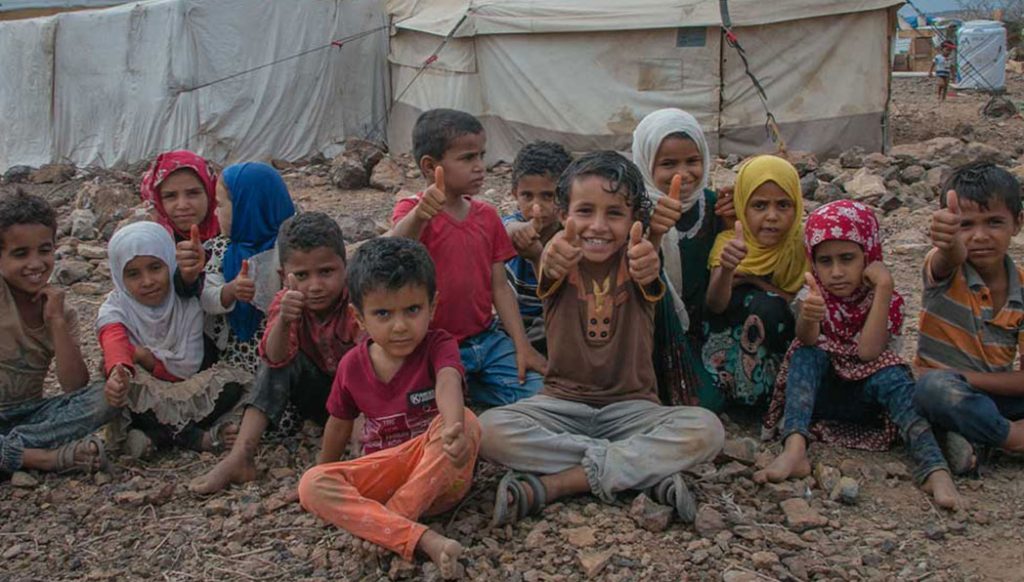Zakat ul-Fitr vs Zakat al-Mal
Zakat ul-Fitr and Zakat al-Mal are two distinct forms of Islamic charity. Discover their differences in timing, purpose, calculation, and eligible recipients.
What Is Zakat ul-Fitr?
Zakat ul-Fitr is a vital and compulsory act of charity that every Muslim must give before the Eid prayer at the end of Ramadan. It serves to purify your fast from any unintentional mistakes or shortcomings and ensures that those less fortunate can share in the joy and blessings of Eid. Traditionally, this charity is given as one sa’—about 2.5 to 3 kilograms—of staple foods such as wheat, dates, barley, or rice for each member of your household.
In modern times, many choose to give the cash equivalent instead, making it easier to fulfil this important obligation while allowing charities to purchase food locally and distribute it efficiently. Regardless of the form, Zakat ul-Fitr must be paid before the Eid prayer, so those in need receive support in time to celebrate with dignity.
By giving Zakat ul-Fitr through trusted organisations, you ensure your charity reaches the poor and needy directly, helping them join the festive celebrations with dignity and joy. This simple yet powerful act completes your Ramadan fast with mercy, compassion, and generosity.
Gaza Emergency Appeal
Food For Life
Zakat
Sadaqah Jariyah
Quran Memorisation
What Is Zakat al-Mal?
Zakat al-Mal, often simply called Zakat, is a yearly obligatory charity on accumulated wealth and savings. It is one of the Five Pillars of Islam and is due once a Muslim’s wealth exceeds the nisab threshold and has been held for one lunar year.
The purpose of Zakat al-Mal is to purify wealth, redistribute resources, and support a wider range of recipients. It can be paid at any time once your wealth reaches the nisab and hawl (one lunar year).
The calculation of Zakat is straightforward: the standard rate is 2.5% of qualifying assets such as cash, gold, business stock, investments, and rental income after deducting debts.
Zakat al-Mal can be given to eight categories of recipients outlined in the Qur’an (Surah At-Tawbah 9:60): the poor (al-fuqara), the needy (al-masakin), Zakat collectors, those whose hearts are to be reconciled, those in bondage/slavery, the debt-ridden, in the cause of Allah, and the wayfarer.
